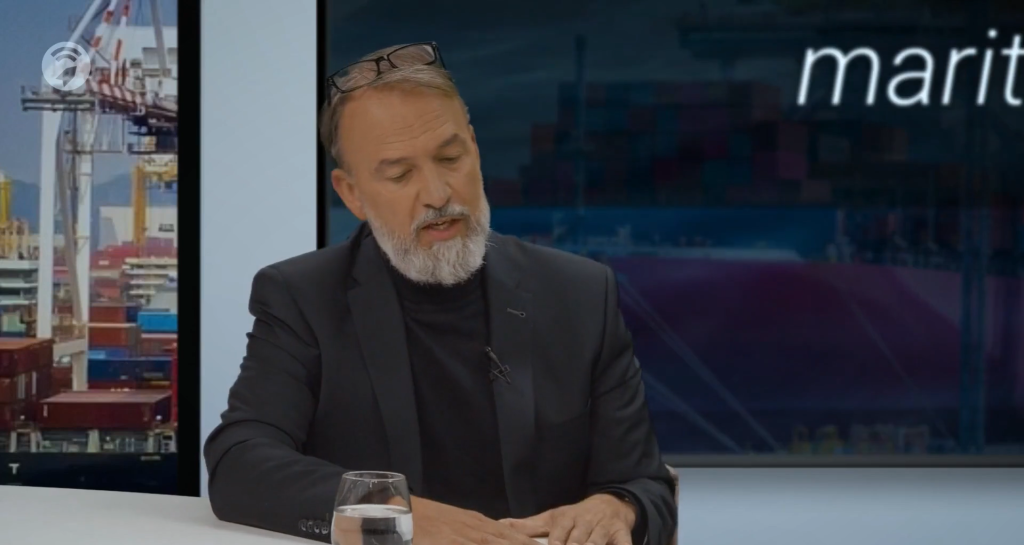Navigate Uncertainty in Maritime
Insights from Laytime and Demurrage ExpertJean-Paul Dezutter
In the current maritime landscape, with increasing global challenges from geopolitical tensions to climate change, navigating uncertainty has become a central issue. To shed light on how the industry compensates for these uncertainties, Jean-Paul Dezutter, a specialist in laytime and demurrage, shares his insights in a recent interview.
An overview of laytime & demurrage
- Laytime refers to the agreed-upon period during which a ship can be loaded or unloaded at a port. Exceeding this period leads to demurrage charges.
- Demurrage is essentially a penalty or compensation paid by charterers to shipowners when delays occur and cargo operations take longer than the agreed laytime.
As Jean-Paul explains, “You’re not really buying the ship; you’re buying time.” Shipping contracts are based on the duration of time that a ship will be in use. When unforeseen delays occur—whether due to port congestion, weather, or other external factors—demurrage compensates for that lost time.
When you buy shipping, you're not buying the ship—you’re buying time. Any delay, whether from congestion, geopolitical challenges, or climate issues, affects the voyage's margin and needs to be compensated. Demurrage is an agreed-upon compensation for exceeding laytime, helping shipowners manage that uncertainty.
Jean-Paul Dezutter
Laytime & Demurrage Expert

The Growing Problem of Congestion
In an ideal world, a ship docks, loads or unloads its cargo, and departs on schedule. But with increasing global trade volumes and external disruptions, that rarely happens. “Congestion is becoming a really big issue for shipping,” Jean-Paul says.
This congestion leads to delays, higher costs, and uncertainty for all parties involved. For shipowners, delays mean lost revenue. For charterers, the demurrage fees add up quickly. The growing complexity of global logistics means that these delays are more frequent and harder to predict.
Global Challenges Adding to Uncertainty
Jean-Paul notes that the current conflicts in the geopolitical landscape is also contributing to shipping delays. The fallout of these conflicts, particularly in vital shipping areas like the Red Sea, is causing longer wait times at ports and increased demurrage charges.
Beyond geopolitics, climate change is also a major factor. “Just look at what’s happening in the Panama Canal,” he points out. Droughts have caused lower water levels, reducing the number of ships that can pass through the canal, leading to backups and significant delays.
How Can Companies Adapt?
As shipping routes become more congested and unpredictable, demurrage serves as a financial safety net for shipowners. It compensates them for lost time and protects their revenue margins when things don’t go according to plan. However, demurrage charges can become substantial if not managed properly, which is why many companies are now paying closer attention to the fine details of their shipping contracts.
Jean-Paul emphasizes that while demurrage is a helpful tool for dealing with uncertainty, it is not a solution in and of itself. Companies need to take a more comprehensive approach by analyzing the root causes of delays and making adjustments to their logistics strategies.
The future of shipping will require greater flexibility and foresight. By understanding the dynamics of laytime and demurrage and conducting thorough audits of trade lanes, companies can better navigate the ever-changing seas of global trade.
Navigating uncertainty isn’t easy, but with the right strategies, the maritime industry can continue to remain resilient.
Hear more from Teqplay’s maritime experts and industry thought leaders in our video podcast here.
